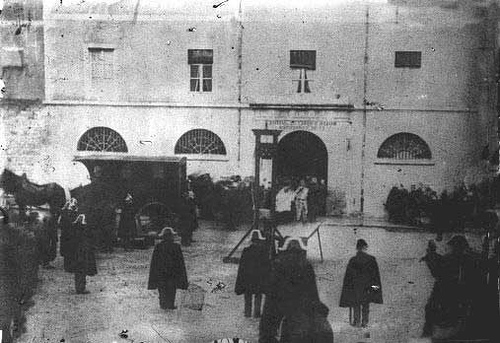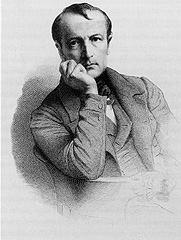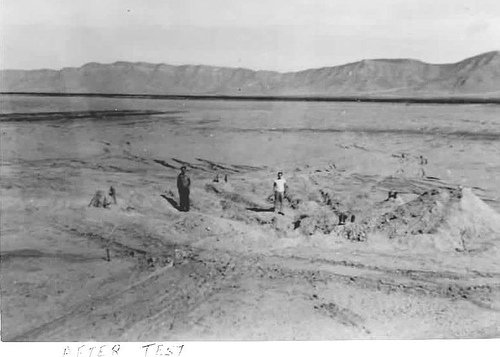The trouble with arrogance is that you never know when to turn it off. By all accounts Johann Beringer was insufferable, so two of his colleagues on the University of Würtzburg faculty of medicine decided to teach him a lesson.
They carved lizards, frogs, and spiders from limestone, inscribed them with the Hebrew name of God, and planted them on Mount Eibelstadt, where Beringer frequently went to find fossils.
It worked — and, like Drake’s Plate of Brass, it worked a little too well. Beringer found the figures, took them seriously, and, to his colleagues’ horror, actually published a book about them. When critics pointed out visible chisel marks, he claimed they’d been left by the hand of God. When the hoaxers tried to talk him out of it, he sued them as “a pair of antagonists who tried to discredit the stones.”
When the truth came out, it ruined them all, haunting Beringer most of all. Legend tells that actually he went bankrupt trying to buy up all the books, and there was a final irony. He died in 1740 — and a second printing of his book was produced in 1767.




